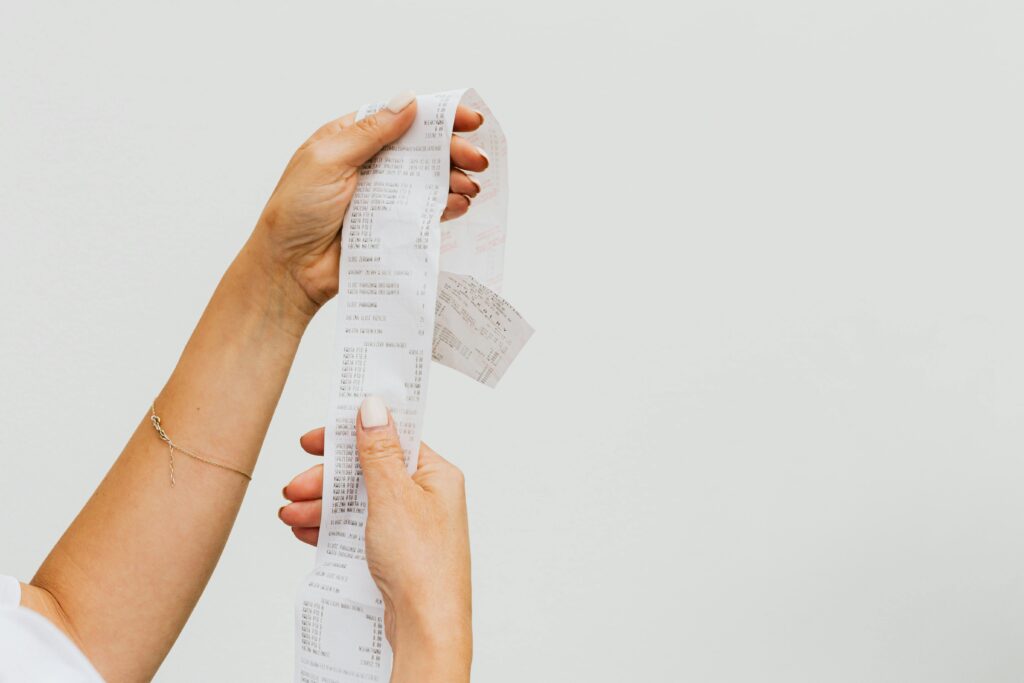Why Keeping Personal and Business Expenses Separate Is Crucial for Your Success
Posted on December 6, 2024 by Oozle Media

Why Keeping Personal and Business Expenses Separate Is Crucial for Your Success
As an entrepreneur or small business owner, managing your finances can be overwhelming, but one principle can make a world of difference: separating your personal and business expenses. While it may seem like a minor detail, keeping these accounts distinct is vital to protecting your finances, maintaining legal compliance, and simplifying your bookkeeping. Here’s why separating personal and business expenses should be a top priority and tips on how to do it effectively.
1. Legal Protection (Especially for Limited Liability)
If you operate as a corporation, LLC, or other limited liability entity, separating personal and business expenses is essential for protecting your personal assets. Mixing your personal funds with business transactions could lead to what’s called “piercing the corporate veil,” where a court decides that your business and personal finances are indistinguishable, exposing you to personal liability. By keeping a clear line between your finances, you strengthen your legal protections.
2. Easier Tax Filing and Audits
One of the greatest advantages of separating your expenses is simplifying tax season. The IRS (or equivalent tax authorities) requires a clear distinction between personal and business finances, and commingling these expenses could lead to complex filings or even trigger an audit. Having dedicated business accounts ensures that your tax-deductible expenses are easier to track and helps avoid red flags for potential audits.
3. Accurate Financial Health and Insights
Separating business from personal expenses enables you to accurately assess your company’s financial health. Without a clear breakdown, understanding if your business is profitable or struggling can be difficult. Accurate bookkeeping, which is easier with separate accounts, gives you reliable data on revenue, expenses, and cash flow, empowering you to make informed decisions and better plan for growth.
4. Improved Bookkeeping and Reduced Errors
Commingling expenses can make bookkeeping messy and increase the chance of mistakes, such as missing deductions or misreporting income. With separate accounts, you streamline your record-keeping, making it easier to keep track of business income, expenses, and liabilities. It also simplifies working with accountants, as there’s a clear distinction between which expenses are personal and which are business-related.
5. Professional Image and Credibility
If you’re using personal accounts to pay for business transactions, it can appear unprofessional to clients, vendors, and investors. By handling finances through business accounts, you create a sense of legitimacy and credibility. Your business will appear organized and established, which can be especially important when building relationships or seeking financing.
Tips to Keep Personal and Business Expenses Separate
- Open a Dedicated Business Bank Account
- Use a Separate Dedicated Business Credit Card
- Set Up a Consistent Pay Structure for Owners
- Track Business Mileage Separately for Personal Vehicle Usage
- Keep a Paper Trail for Every Business Expense
- Invest in Accounting Software
Summary: Separate Finances, Stronger Business
Keeping personal and business expenses separate is a simple yet crucial practice that protects your assets, simplifies taxes, and promotes financial clarity. By establishing dedicated accounts, implementing clear boundaries, and maintaining accurate records, you set your business up for long-term success and make financial management far less stressful. Start today to build a sustainable, credible, and organized foundation for your business journey.


Leave a Reply